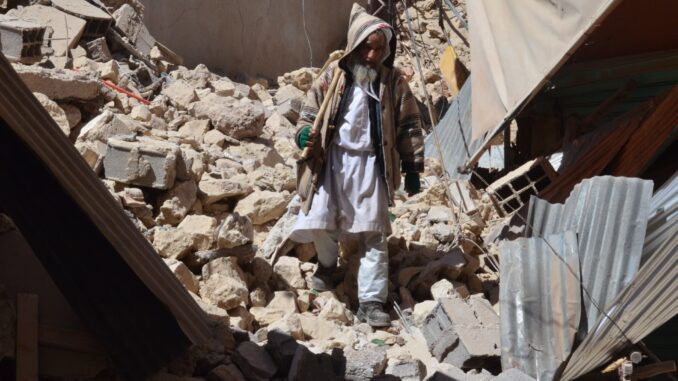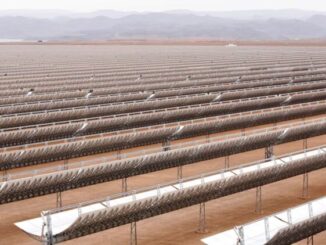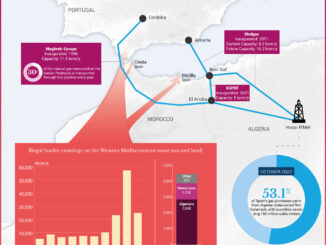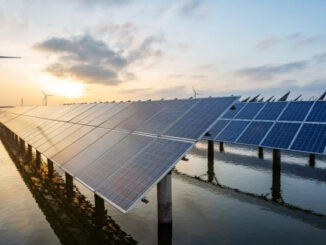
Moroccan authorities have come under criticism for accepting limited foreign aid despite rescuers struggling to reach remote regions hardest hit by Friday’s devastating earthquake that has claimed more than 2,800 lives.
Only search-and-rescue teams from the United Kingdom (UK), Qatar, Spain and the United Arab Emirates (UAE) have been allowed to operate on the ground by the Moroccan authorities, despite numerous offers from governments worldwide.
A magnitude 6.8 earthquake – the country’s deadliest quake in more than six decades – hit Marrakesh and the remote High Atlas Mountains region located some 75 kilometres (47 miles) west of the ancient city.
Qatar has sent humanitarian aid, search-and-rescue teams and vehicles – including rescue trucks – to the quake-affected region, according to a Doha News report.
A Spanish military search-and-rescue unit with 56 rescuers and four sniffer dogs arrived in Morocco on Sunday, Spain’s Defence Ministry said. Another military plane with 30 rescuers and four search dogs was also dispatched.
On Sunday, the UK said it deployed 60 search and rescue specialists, four search dogs, rescue equipment, and a medical assessment team.
The UAE’s police rescue and ambulance teams have also been mobilised.
Offer of support
Meanwhile, Tunisia, Algeria, France, Germany, Italy, and Canada – as well as the United Nations – have all said they are prepared to intervene but are waiting on authorities to respond.
The United Nations Office for the Coordination of Humanitarian Affairs (OCHA) usually manages the international response to major disasters and emergencies through its agencies, Disaster Assessment and Coordination (UNDAC) and the International Search and Rescue Advisory Group (INSARAG).
The UN agencies can deploy within 12 to 48 hours’ notice, and are dispatched following the request of the affected government as well as the UN resident or humanitarian coordinator in the country. Their typical deployment duration is between two and four weeks.
However, the Moroccan government has yet to request their help.
Jens Laerke, deputy spokesperson for OCHA, told Al Jazeera on Tuesday that the “UN has sent a team of emergency experts to offer our support in assessment, coordination and response to the government-led effort.”
“This UN team was sent upon request from the UN resident coordinator in Morocco,” Laerke continued, noting that “INSARAG is available as a network for urban search and rescue (USAR) teams’ response, but has not received any request from the government.”
“It is for the Moroccan authorities to determine what support they deem necessary. We continue to be in close communication with the authorities on these issues,” said Laerke. “In a disaster of this magnitude, the UN stands ready to support the people and the government of Morocco.”
And while the United States has dispatched a small team of disaster experts to Morocco to assess the situation, it, too, said was ready to do more.
The Moroccan interior ministry in a statement on Sunday said that its acceptance of aid from four countries initially is a decision that was made “based on a precise assessment of needs on the ground”, noting that this is not a rejection of offers. The ministry added that poorly coordinated aid “would be counterproductive”.
(Al Jazeera)
‘There are no geopolitics’
Abdelmalek Alaoui, president of the Moroccan Institute of Strategic Intelligence, told Al Jazeera he believes “there are no geopolitics” behind Morocco’s decision to be selective with accepting help so far.
“The question of how to channel international aid is at the centre of the conversation since day one. We have concerns that if you get too much aid … [in an] unorganised [manner], it will create bottlenecks … and this will be very complicated to handle,” Alaoui told Al Jazeera from the capital Rabat, adding that the worst-affected region is “a rural mountainous area”.
“All international aid is welcome in Morocco but it has to be organised and has to come in a proper way,” he said. “You only have one road, you have a very long column of logistics now trying to get there. You have to make sure the aid is not adding a problem to a problem.
“Many people are speaking about how Morocco can do things better and accept aid, but I would say: Morocco did not refuse international aid, it is trying to channel it in the best way in order to serve the best interests of the population.”
A rescue worker search for suvivors in the rubble of earthquake-damaged houses in Talat-n-Ya’qoub, Al-Haouz province on September 11, 2023. [Fadel Senna/AFP]
Abdelhakim Moustaid, the regional health director in Ouirgane, south of Marrakesh, said the rescue efforts are a “complex operation”.
“Remember that this was a magnitude 6.8 earthquake in a mountainous area where access is extremely difficult,” he told Al Jazeera. “Along with the army, we coordinate rescue operations and the airlifting of the wounded to the hospitals.”
On Monday, a German foreign ministry spokesperson said Germany “does not see any indications that Morocco’s decision to leave Berlin’s earthquake aid offerings on the table is political”.
“Diplomatic relations between Germany and Morocco are good,” the spokesperson added, noting that Moroccan officials thanked Germany for its offer of help.
And while diplomatic relations between France and Morocco have been rocky in recent years, France’s foreign minister told the French BFM TV channel: “We are ready to help Morocco. It is a sovereign decision and Morocco alone is entitled to determine what its needs are.”
France has announced 5 million euros ($5.4m) in aid that it said will go to non-governmental organisations already active in the disaster zones.
So far, search-and-rescue teams from only four countries have been allowed to operate after a devastating earthquake.
ENB Top News
ENB
Energy Dashboard
ENB Podcast
ENB Substack



